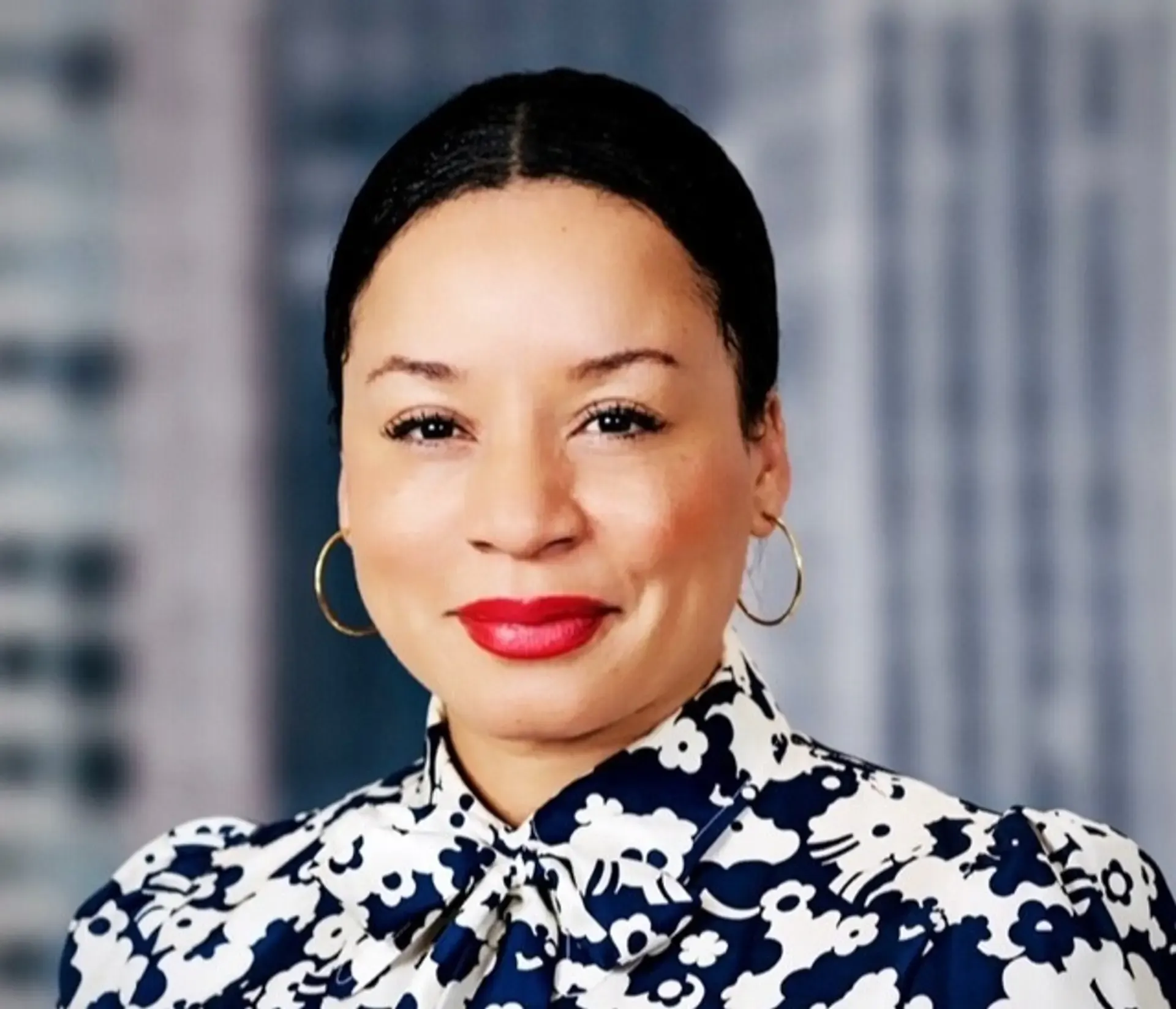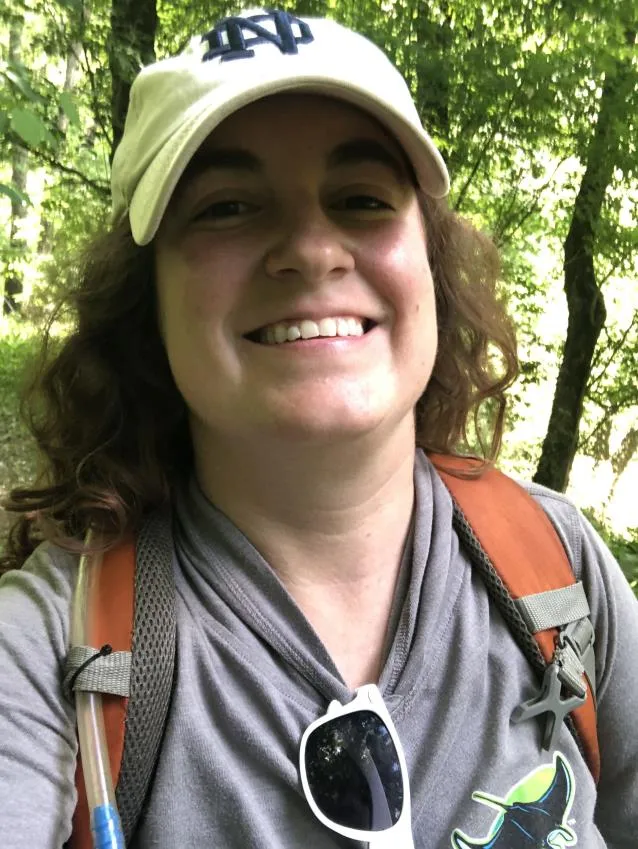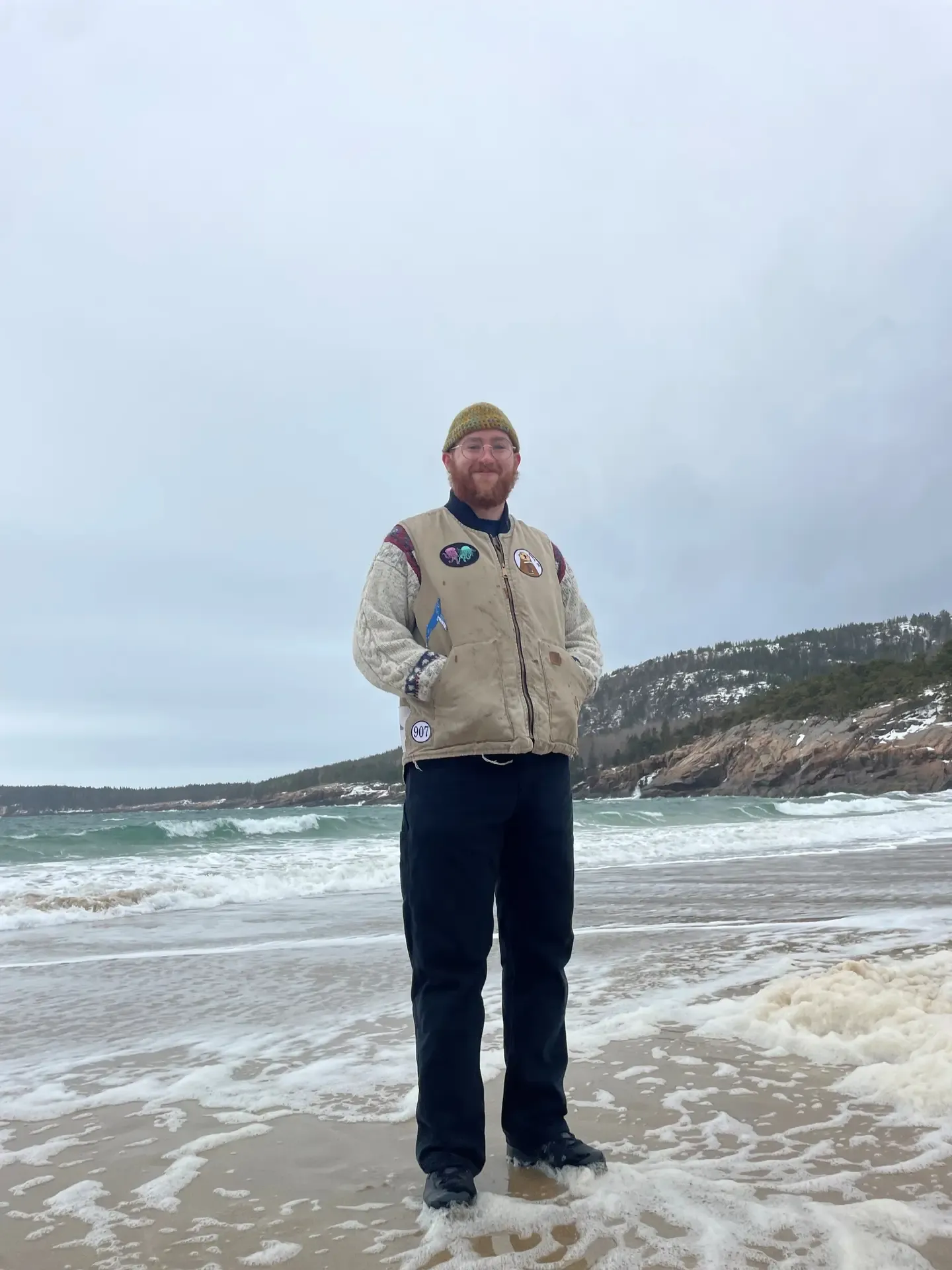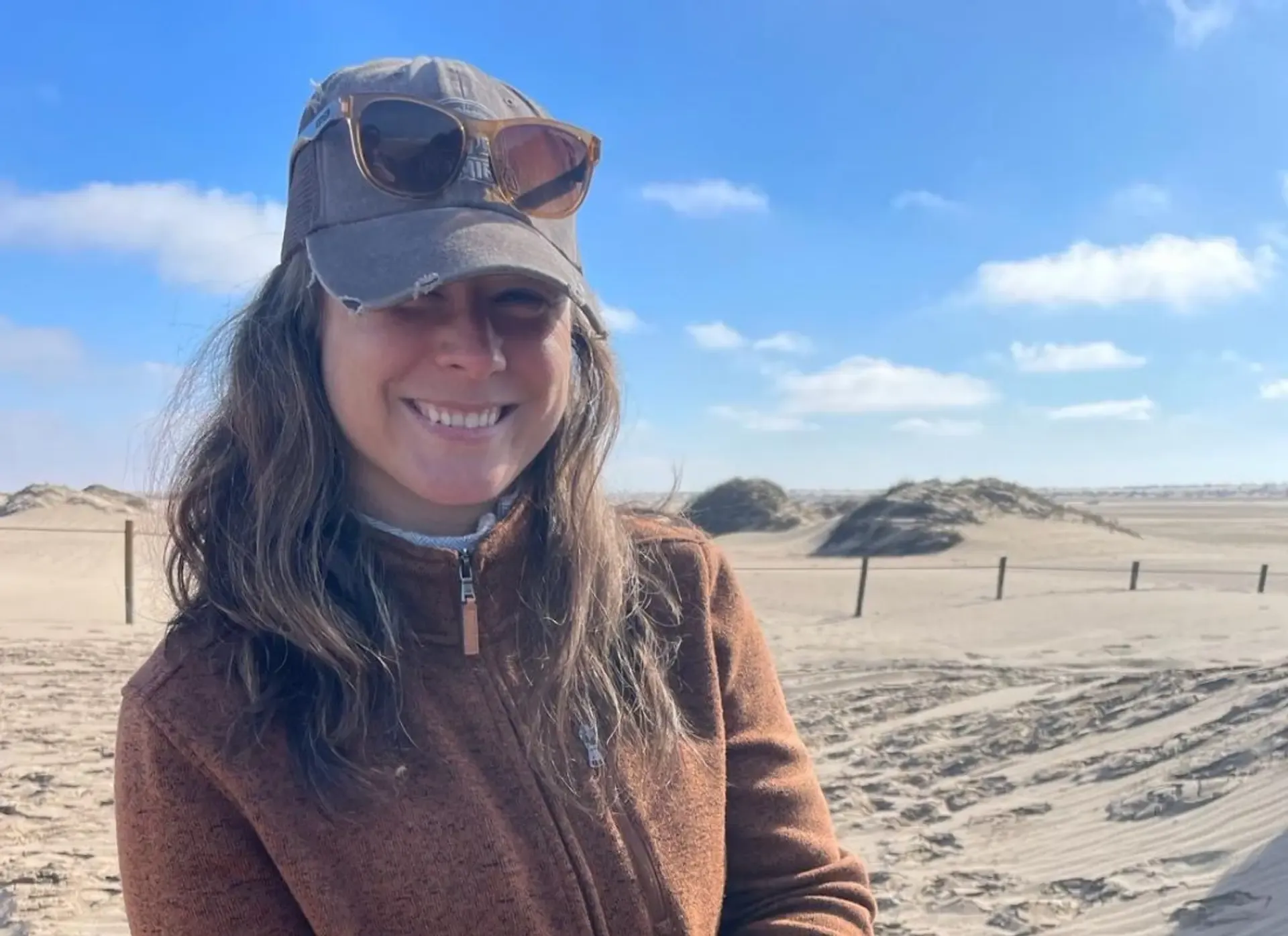A Q&A with Kedren Dillard, SFLR Landowner, ATFS-Certified Tree Farmer & AFF Board Member
As a forest landowner, Kedren Dillard and her family have spent decades working on improving and maintaining the land that has been in their family for generations. This deep connection between the land and her family has created an emotional connection that fuels the passion that Kedren and her family have to do right by the land.
On that journey, they have had to overcome challenges to keep their forests as forests. One such challenge being heirs’ property-a property that is passed to family members by inheritance, usually without a will, or without an estate planning strategy resulting in a lack of clear ownership of the land. It has been estimated that nearly 80% of Black-owned farmland was lost between 1969 and 2001.

We sat down with Kedren to learn more about her family’s history and about how family forest owners like her are working to tackle some of our nation’s greatest environmental challenges.
Would You Be Able to Share Some Background on the History of Your Family's Land?
With my family, I own approximately 160 acres of land across three small farmland plots in Brunswick County, located in Southern Virginia.
The first small farm, passed down from my great-grandfather, is about 50 acres of forest and 30 acres of open land. The second, from my great-great grandfather, making me a fifth generation owner in this instance, is 55 acres of forest and open land. And finally, from my great-aunt, I share ownership of an additional 20 acres of trees and 5 acres of open land. Luckily, the titles are clear on all three properties and each is in either a corporation or LLC, owned by a set number of shareholders, who are family members.
What Challenges Have You and Your Family Faced in Caring for Your Land?
One of the main challenges that my family, and many other African American landowners, have experienced is around heirs’ property. My cousins and I owe a great deal of thanks to my father and his six siblings for positioning these properties to remain whole as the land transferred in ownership to my generation, and to the generations that follow.
But we experienced first-hand the danger of heirs’ property with my great-great grandfather’s land. By the time we were made aware of this inheritance, the land had over 250 descendants, many of which had no idea they were tied to the property. It took 10 years, but thankfully now the land is no longer in jeopardy.
Another challenge we face is the cost of upkeep and management that forest land requires. While the revenue from cutting timber every 20+ years is helpful, the return does not come close to offsetting what we pay in taxes, management costs and maintenance. These additional costs come out of the pockets of family members. We are continually looking for other opportunities for the land to pay for itself, because we know as the years go on, fewer family members will be able to share in the expenses. Luckily, there are more and more opportunities becoming available to support landowners, like the Family Forest Carbon Program.
How Did You First Get Involved With the Sustainable Forestry and African American Land Retention (SFLR) Program?
My family’s relationship with the SFLR network started with the Black Family Land Trust, Inc (BFLT), one of the nation’s only conservation land trusts dedicated to the preservation and protection of African-American and other historically underserved landowners' assets. We reached out to BFLT for help with technical assistance for one of our woodlots and continued to take advantage of the programs BFLT offered such as the Wealth Retention Asset Protection Program (WRAP) that helped our family fine tune the operation of our LLC.
The SFLR Network has been crucial in helping my family keep our forests in the family and implement forest conservation actions on our land. It was with their help that we were able to create management plans for all three of our family’s forests. This Network is helping African American landowners across the country tackle these challenges and helping people to understand that forest land is an asset and not a burden.
What Inspired You to Become a Member of AFF's Board of Trustees?
My family has been on this journey for a long time. We’ve seen the ups and downs, and I think it’s such a great opportunity to be able to use both my experiences and those of my family to help other family forest owners that look like me and may be going through similar experiences. As a member of AFF’s Board, I’m able to support programs and advocate for policies that are making a difference for landowners across the nation, and that’s very special to me.
Related Articles

July 1, 2025
Forester Spotlight: Sarah Cawood
We’re excited to highlight Sarah Cawood, a dedicated forester with the Family Forest Carbon Program (FFCP) who brings enthusiasm, experience, and a strong commitment to conservation to her work.

April 7, 2025
Forester Spotlight: Mac MacKenzie
We’re excited to spotlight Mac MacKenzie, a dedicated forester with the Family Forest Carbon Program (FFCP) who is passionate about sustainable forestry and conservation.

August 13, 2024
Forester Spotlight: Olivia Thomas
Olivia lives in Kentucky where she enjoys helping landowners in the Appalachian region develop and implement sustainable forest management plans and steward their forests.